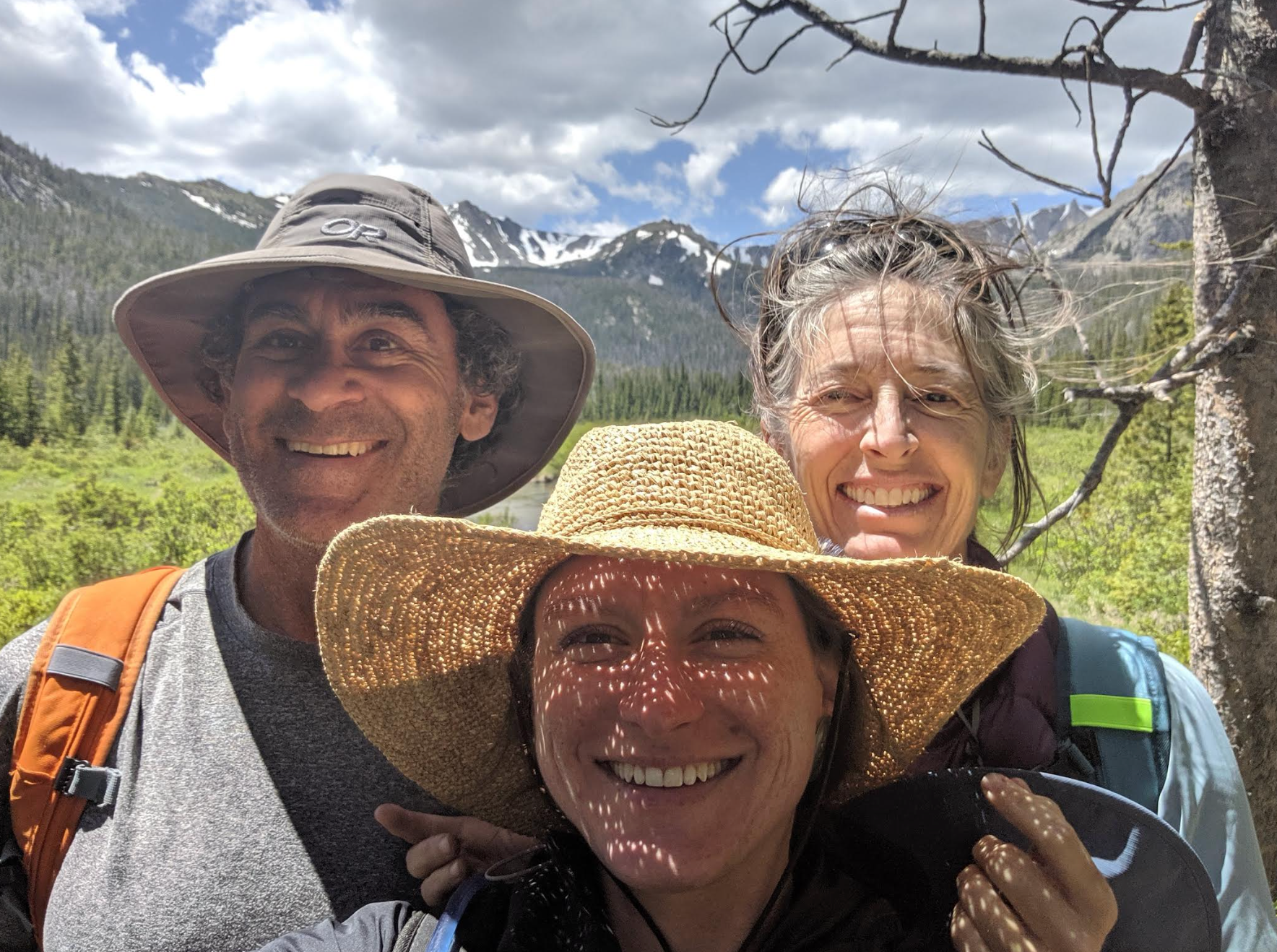Regeneration and Resilience: Actively Engaging in Preserving the Planet

By Tonya Dunn, Tellus Ambassador
Summer is a time for family vacations and exploring nature together. Growing up, I too, was fortunate to spend summers with my family immersed in the wonders of nature. From the dense forests to the wild and scenic rivers of Colorado, these places were my playground.
As I grew older and my family grew, it was natural for me to instill in them the same love and respect for nature that was so fundamental to my upbringing. Weekends were spent hiking, camping and exploring the flora, fauna and arthropods of these precious environments.

Fostering a sense of awe and wonder, I also emphasized the importance of protecting, preserving and cherishing these environments for future generations. The concept of regeneration and resilience has never been more critical as we confront the escalating impacts of climate change, environmental degradation, and biodiversity loss.
Prairie Grasslands: A Vital Ecosystem
One of the areas my family still frequents regularly is the Pawnee National Grasslands in Northern Colorado. Prairie grasslands are vital ecosystems that support a diverse array of plant and animal species, contribute to soil health, and play a crucial role in carbon sequestration, which helps mitigate climate change.
These grasslands are also significant for agriculture, providing grazing lands and fertile soils for crop production. However, prairie grasslands are disappearing at an alarming rate due to agricultural expansion, urban development, and climate change.
According to recent studies, over 80% of the original prairie grasslands in North America have been lost, with some areas experiencing even higher rates of decline. This rapid loss of prairie ecosystems threatens biodiversity, reduces the effectiveness of natural carbon sinks, and diminishes the resilience of landscapes against environmental changes.
Conservation efforts are urgently needed to protect and restore these precious environments to ensure their ecological and economic benefits for future generations. The Colorado Field Office of The Nature Conservancy aims to “... preserve 565,000 acres of grasslands, mountain valleys and western range landscapes … as necessary milestones on the road to the sustainable future we all want for Colorado.” (Source)
Reforestation and Afforestation: Rebuilding the Lungs of the Planet
As a Colorado native, I have also witnessed the devastating impact of wildfires that have swept through our forests and threatened homes. Forests are vital for the health of our planet, serving as major carbon sinks and providing homes to countless species.

Efforts to restore and expand forested areas are gaining momentum worldwide. Reforestation involves planting trees in areas that have been deforested, while afforestation refers to creating new forests in areas that were not previously forested.
The Nature Conservancy's Healthy Forests and Watersheds initiative is dedicated to restoring 500,000 acres of forests in Tellus’s home state of Colorado, including those unable to regenerate naturally. Tellus is a proud supporter of this initiative.
Marine Conservation: Protecting Our Oceans
While I am most fond of exploring terrestrial environments, I can’t help but recognize the importance of protecting the most essential life-sustaining element: water. My time on the Colorado and Green Rivers taught me to appreciate the biodiversity that healthy watersheds contribute to oceans.
Oceans cover over 70% of the Earth's surface and are crucial for regulating the climate, providing food, and supporting numerous plant and animal species. However, they are under severe threat from pollution, overfishing and climate change.
Protecting our oceans starts with simple choices we make every day, especially when it comes to what we put down our drains. Every time we wash our dishes, do laundry or even apply sunscreen, we are sending harmful substances into the ocean.
Plastic microbeads in some soaps and personal care products, harsh chemicals from household cleaners and certain ingredients in sunscreens can harm marine life and ecosystems. By choosing eco-friendly cleaning products, reef-safe sunscreens, and reducing plastic use, we can help ensure our oceans stay healthy and vibrant for future generations.
Urban Greening: Resilient Cities

As a household of gardeners and caretakers of the land, my family has played a role in fostering environmental resilience. Using plants adapted to the native environment, eliminating pesticide use and creating habitat for wildlife, we have not only reduced water use, but have seen the land come alive with more songbirds, pollinators and beneficial insects.
As the world becomes increasingly urbanized, cities and individual homeowners have a responsibility to the planet. Urban greening initiatives, such as the creation of green roofs, community, pollinator and songbird gardens are transforming concrete jungles into vibrant, sustainable and biodiverse landscapes.
Every step we take towards regeneration and resilience is a step towards a brighter, more sustainable future for all.
In the face of climate change, Tellus’ commitment to using recycled materials and protecting oceans, conserving lands, and reforestation through its GiveBack100 Pledge demonstrates a global responsibility to bring about a better planet for future generations.
